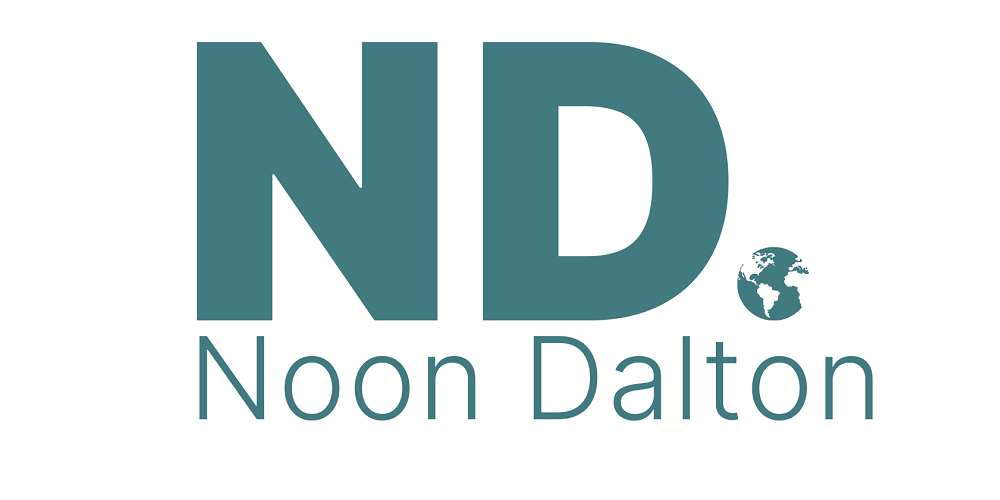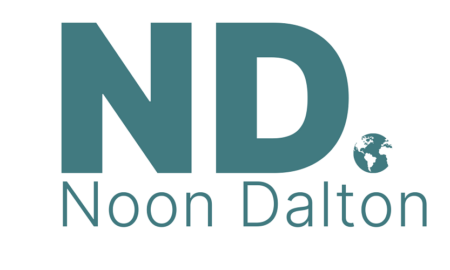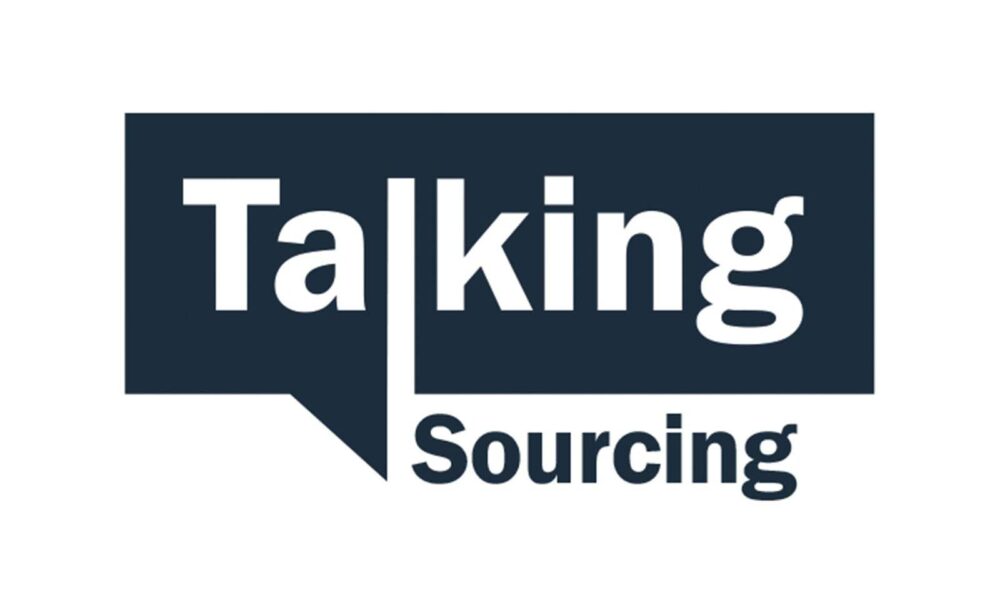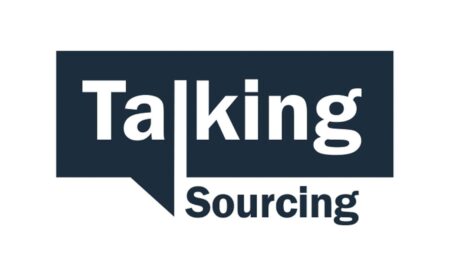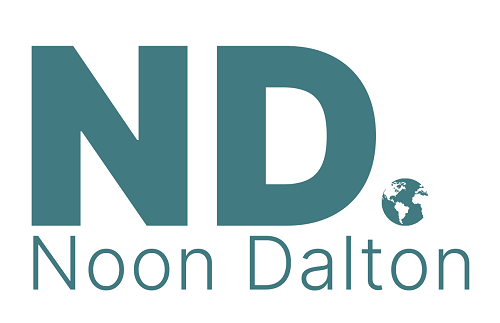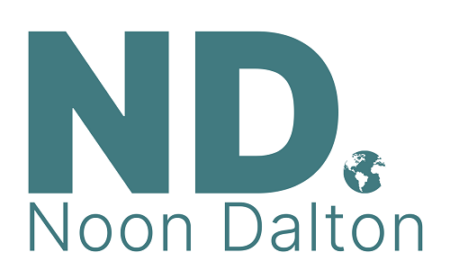This is an extract from my new book ‘WFH: Securing The Future For Your Organization.’ The book was published at the end of April this year and was written with Andrew McNeile, the Chief Customer Officer of Irish secure technology company ThinScale.
This extract is from chapter 15, titled ‘WFH Is The New Normal – You Need A New Security Plan Now.’
As Covid-19 spread from Asia to every other region of the world last year there was a wave of companies that all sent their employees home. We can remember many executives at the time talking of a two or three-week stint at home that would then be followed by a return to normal.
That never happened, but a lot more has changed and it’s not always obvious without close examination. We don’t think that we are now looking at a gradual return to how employees worked in 2019. The idea of this being a temporary bump followed by a return to normal has vanished because it has now been so long – people are getting used to the way things function now.
Work from home in the future will not look like it is today. We are still using a degraded version of what could be possible. People are suffering anxiety and loneliness as they struggle to work remotely without any options for travel or socializing. We should remember that work from home can be organized and used in a far more effective way than the Covid emergency response.
There has been a number of changes in the way that companies need to be organized and how people are managed. We cannot state strongly enough that this is a deep cultural change for many companies – this is far more than just moving from a centralized team in an office to a group of distributed workers mostly based at home.
Managers now need to focus on much more than just productivity. In recent research, 77% of executives said they would prioritize the wellbeing of their team over short-term profitability. Around half of all managers are now facing a challenge with employee wellbeing and mental health – issues that were certainly not their primary focus when the team was all in one place.
Managers caring for their team and not just ordering them to work harder is a very positive change, but it is one that requires certain skills from the managers – many companies will need to quickly focus on training and coaching so these changes can happen smoothly. Some managers may not like this new role.
This is why we believe that leaders will need to focus on the culture of their organization more than ever before. Claims about a “positive corporate culture” used to be something you would read in the annual statement. It read well, but the reality rarely matched up to the boardroom aspiration. With highly distributed organizations this does become a much more important issue, to prevent a two-track company where those spending more time at the office may feel they are more important than home-workers, and also just to create a single sense of purpose.
Managing the culture of your organization will be more essential and more strategic when more employees are distributed from the central headquarters. Engaged employees are important for any business, but in the customer experience space, where we both spend a lot of time, it is critical – you can’t have agents speaking to customers and giving the impression that they don’t want to be there.
This has other implications too. Many companies hiring a customer service specialist now look very closely at the culture of their supplier for this reason. Who would hire a company to manage contact centers when you are aware that the agents who will be on the frontline are not well treated and paid rock bottom? Evidence of culture being embedded into the fabric of an organization is becoming an extremely important part of the B2B sales process.
This year has fundamentally changed how companies will be structured and managed. We can think of several ways in which this will have an immediate impact:
- Employee expectations: people are now going to expect flexibility in the workplace. WFH will be normalized. Companies will need to offer WFH flexibility if they want to attract the best people.
- Office sizes: why keep paying the rent on an office with 1,000 desks because you employ 1,000 people? Why not figure out how many are usually in the office day-to-day when they can choose to spend time in both home and the office. You might save 75% of your office costs. Lease terms mean that it will take time to realize the ideal real estate footprint, but check those terms and plan ahead.
- Hiring globally: it will be more and more common to hire highly skilled people who never have any intention of visiting the office. They will be hired for their skills, not their ability to commute. This raises the bar on who you can hire if you are searching for skills globally.
- Focus on delivery: managing a distributed team means that managers need to focus much more on deliveries – is the team delivering what is expected on time? There is far less focus on hours spent at the desk or how smart a team member looks in the office. This is a very democratic change and creates far more transparency inside teams. There is less scope for favoritism when team members are judged and measured based on actual outcomes.
- We cannot turn back: for all these reasons, and especially because employees now expect the pandemic flexibility to remain, very few companies will ever be able to return to their 2019 operating model.
The managers who still talk about a return to work structured as it was before the pandemic are living in a fantasy world. The world of work has changed beyond all recognition and WFH will now be an integral part of any corporate operating model. This means that your security procedures almost certainly need to be revised and remodeled. This is no longer about an emergency response to the pandemic – this is now normal. We will see additional freedoms emerge over time, such as international travel becoming normal again and the ability to freely socialize. It’s important to examine what has fundamentally changed and what is just temporary – such as travel restrictions.
WFH has become about much more than just working from home. WFH is now changing how managers manage and how culture is defined within enormous organizations. It was impossible to predict in 2019 that work/life balance and the flexibility to work from home whenever you want would be so important in 2021.
Like a tsunami, the pandemic has caused death, chaos, and destruction, but as the tidal wave has receded, and we mourn the loss, in the spaces that are created new life also emerges. One of these new shoots is an increased flexibility for employees all over the globe, something that so many people have wanted for so long is emerging as a common reality
‘WFH: Securing The Future For Your Organization’ is available in paperback and Kindle formats. If you want to order from a local bookstore, rather than using the link to Amazon, then just ask them to obtain a copy using this ISBN 979-8731678957.




